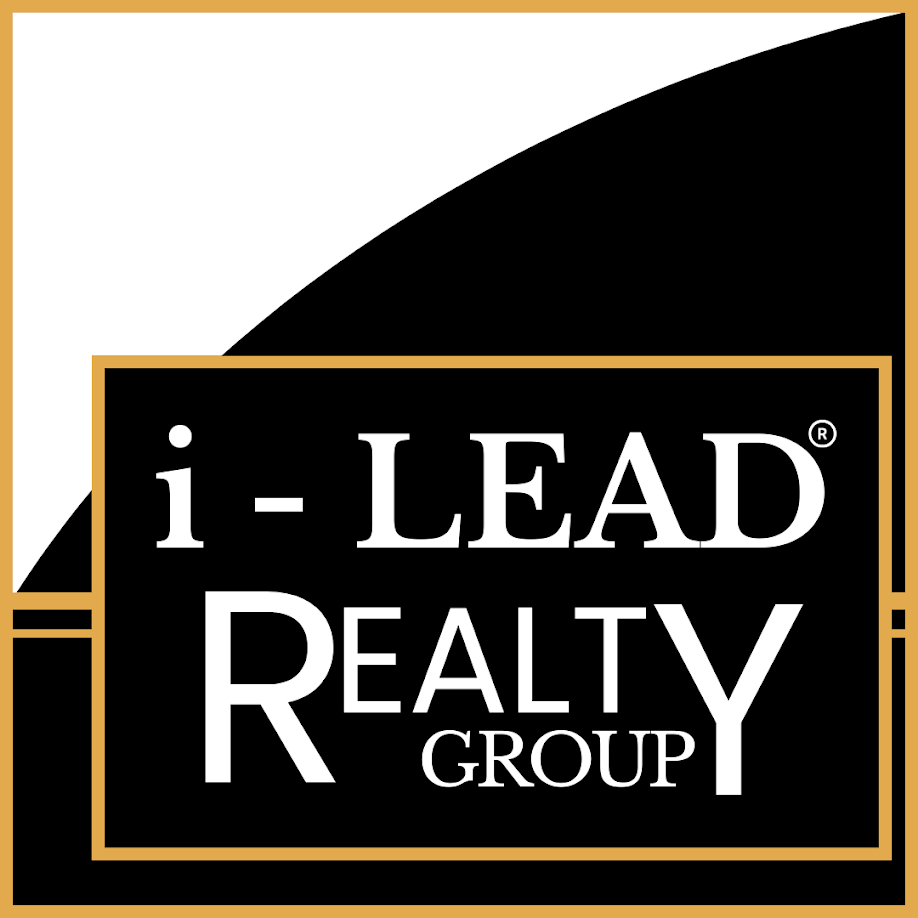WHAT IS A 1031 EXCHANGE?
An event where a taxpayer exchanges or trades real property held for investment or used in a trade or business for other real property and defers the capital gains tax on the transaction. The term 1031 Exchange is defined under section 1031 of the IRS Code.
To put it simply, this strategy allows an investor to “defer” paying capital gains taxes on an investment property when it is sold, as long as another “like-kind property” is purchased with the profit gained by the sale of the first property.
QUALIFYING PROPERTY
The property that you are giving up (the “Relinquished Property”) must be used in your trade/business or held for investment, and not for personal use.
The property which you plan to acquire (the “Replacement Property”) must also be used in your trade/business or held for investment, and not acquired for personal use.
The Relinquished Property and the Replacement Property must not be inventory, or other property which is held primarily for resale in the ordinary course of business (“dealer property”).
TAX DEFERRAL
In order for the exchange to be 100% tax-deferred, the purchase price of the Replacement Property must equal or exceed the selling price of the Relinquished Property, and you must not receive cash at the closing of the Relinquished Property. Any cash or other “unlike-kind” property received in the exchange is named “boot” and may result in a taxable gain. “Old” debt must be replaced with “new” debt or “new” cash. Boot received may not be fully taxable if the amount of boot received is less than the gain realized on the transaction or if some law otherwise exempts the gain from taxation.
SALE PROCEEDS
The sales proceeds of the Relinquished Property must not be received by you before the purchase of the Replacement Property. The Intermediary must hold these funds to avoid “constructive receipt” issues.
REAL PROPERTY VS. PERSONAL PROPERTY
Furniture, equipment, some livestock and other personal property transferred with the Relinquished Property or the Replacement Property is not “like kind” to real property, and will be treated as boot unless your Replacement Property also includes “like kind” furniture, equipment, or other personal property. If it is treated as boot, then you must pay tax on its value.
NAME CHANGES AND INTENT TO HOLD
Title to the Replacement Property must be taken by the identical owner of the Relinquished Property. For example, if John Smith sells Relinquished Property in the exchange, then John Smith must take title to the Replacement Property, rather than his partnership, corporation, trust, or his son/daughter.
IDENTIFYING AND PURCHASING REPLACEMENT PROPERTY
Identify and document the potential replacement properties within 45 days following the transfer of the Relinquished Property.
Purchase of the Replacement Property must be completed within 180 days following the transfer of the Relinquished Property.
IMPROVEMENT TO REPLACEMENT PROPERTY
Repairs or improvements made to the Replacement Property after you receive title do not count as part of the cost of the Replacement Property for exchange purposes. If extensive repairs or improvements are necessary, and your strategy is to include the repairs in the cost basis, then the Replacement Property must be initially deeded to the Qualified Exchange Accommodation Title Holder until the repairs are completed. To be included in the exchange, improvements must have been completed by the 180th day of the exchange. Prepaid materials or labor costs do not qualify.
LIKE-KIND PROPERTY
In regard to real property, “like-kind property” is defined as land and anything which is permanently attached to the land. For example, a ranch can be exchanged for a motel, office building, or shopping center. The fair market value of the furniture in the office building you receive is not “like-kind”, but rather is considered “boot” received. You will pay tax on the fair market value of the furniture received unless you also do a separate Personal Property exchange by purchasing “like-kind” furniture.
IRS REPORTING DEADLINE
You must report a tax-deferred exchange to the Internal Revenue Service using IRS Form 8824 (Like-Kind Exchanges), with your Federal income tax return for the tax year in which you sell the Relinquished Property. You must acquire your Replacement Property before you file this income tax return. Therefore, if you have not acquired your Replacement Property by the filing date for that tax year (March 15 or April 15 for calendar year taxpayers), then you must apply for an extension to file for the tax year in which you sold the Relinquished Property.
RELATED PARTY EXCHANGES
In most cases you cannot purchase Replacement Property from a “related party” (family member or controlled corporation, partnership, or trust) as that term is defined by the Internal Revenue Code.

